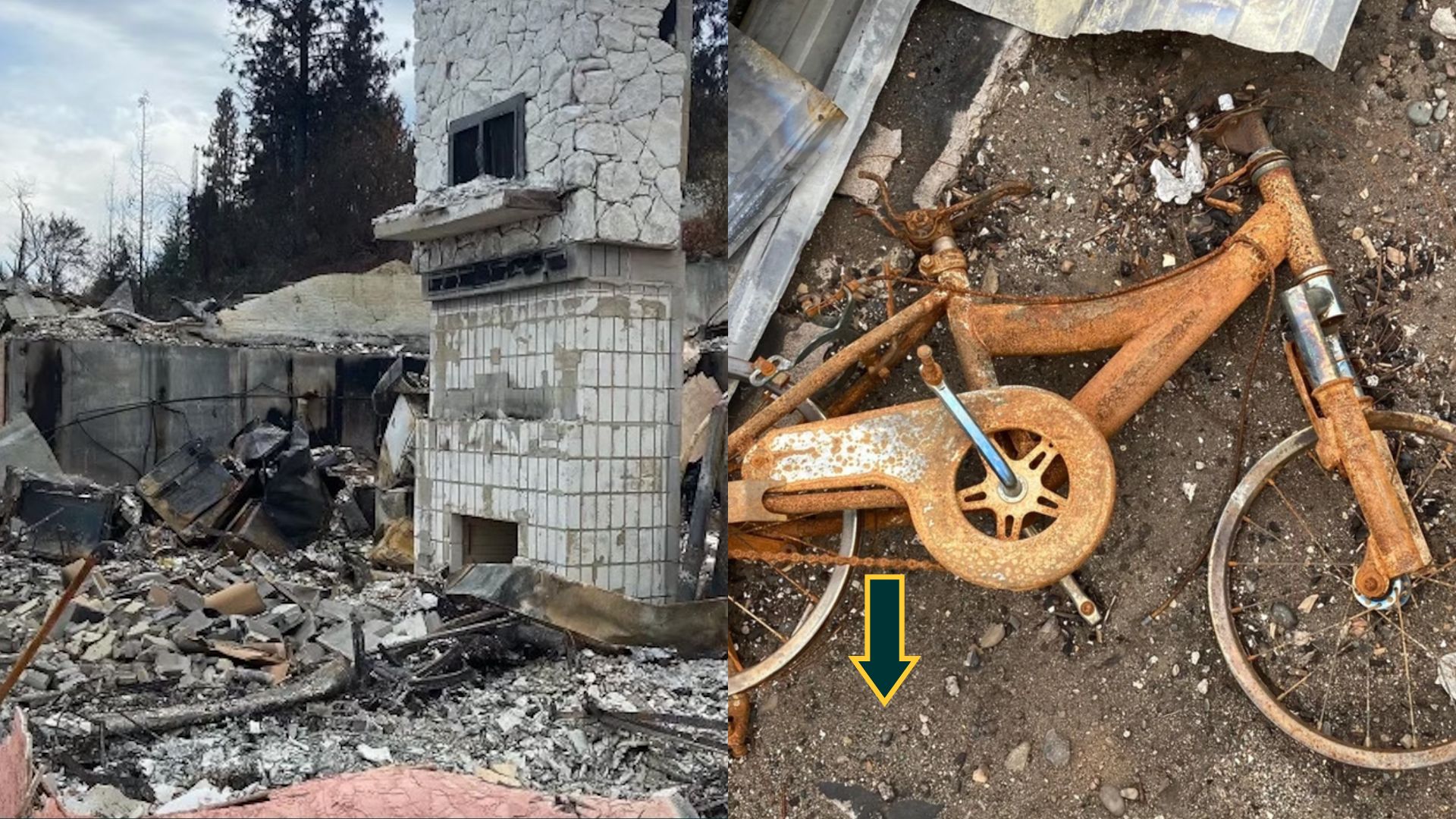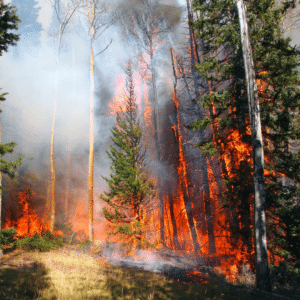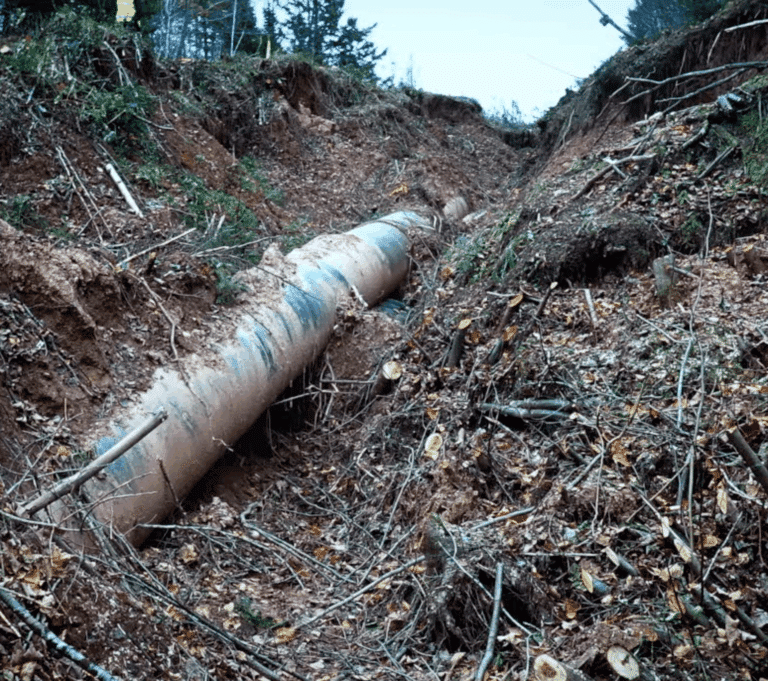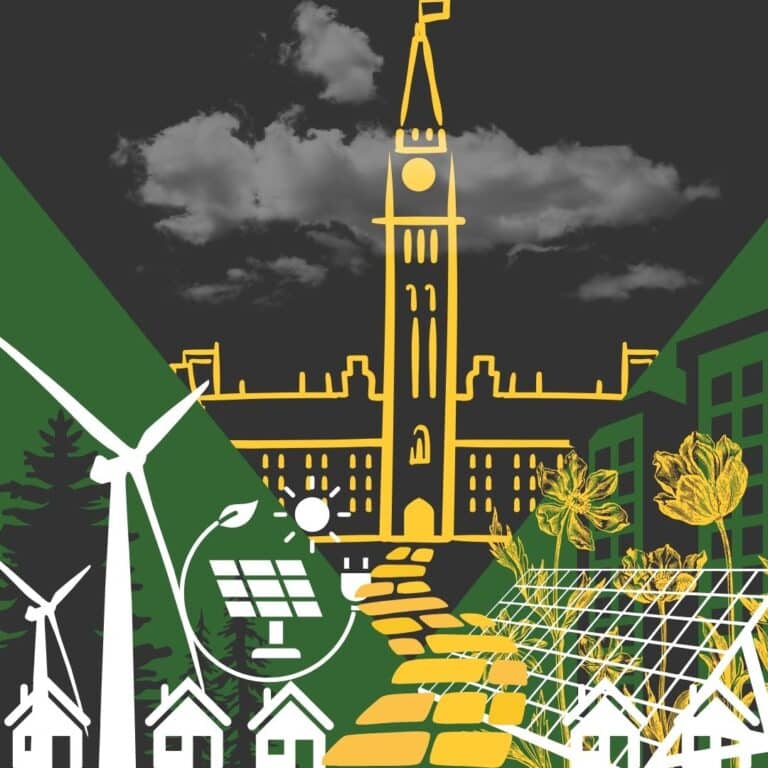
Corporate Emissions Cap Facts: Easy to Implement, Saves Canadian Lives – Let’s Lead
An emissions cap is easy for oil and gas corporations to follow, an emissions cap will NOT cost our economy, and will save thousands of Canadian lives via air pollution reductions alone. Thirteen oil and gas corporations operating or based in Canada are also on the list of 88 big carbon polluters being called out for a major share of the forested lands lost to wildfires in North America between 1986 and 2021. The emissions cap is something we can do, that anyone of any viewpoints can support, no matter what the U.S. does, and it will NOT hurt competitiveness. In fact, offshore oil operators would even be able to make money selling carbon credits under a cap. In the U.S. polluting corporations are getting free rein – Canada can do energy differently so let’s not lose our progress on lowering pollution. The cap will make us leaders:
- This is a cap on wealthy corporations, it is NOT a cap on individual people. The cap is more than fair: Oil and gas corporations, while only 5% of Canada’s economy, are Canada’s most polluting sector causing around 30% of national emissions. Between 1990 and 2022, emissions from oil sands production grew by 467% and conventional oil production by 24% – since 2005 emissions overall increased 11%. Per-barrel emissions from oil sands also increased since 2018. Meanwhile, other sectors, and individual Canadians, cut their emissions.
- The emissions cap is easy for oil and gas corporations to implement and will NOT hurt Canada’s competitiveness: The heavy lifting is done by methane reductions and “the IEA has shown that nearly half of the global oil and gas industry’s methane emissions can be reduced at no net cost…. Oil and gas companies in Canada can eliminate 75 per cent of their methane emissions at an average cost of only $11 per tonne.” For many oil and gas companies the emissions cap can be met through further methane efforts. Extremely cheap given their corporate profits, and there are other easy steps they can take like electrifying operations. Previous evidence also shows that corporate pollution regulations can actually help our industries stay competitive and profitable at minimal cost – even in the face of tariffs.
- The emissions cap or pollution cap is NOT a carbon tax: Without an effective cap on oil and gas corporations other sectors and Canadians would need to carry the weight of reducing their emissions to offset the emissions of oil and gas corporations. An emissions cap is about fairness – it’s about making oil and gas corporations do the same work the rest of us are doing to cut our emissions.
- The cap does NOT make inflation worse nor grocery prices but oil and gas corporate profits are: Oil and gas corporations have also seen huge profits while Canadians by contrast are facing hard economic times: Of every additional dollar of inflation over the last two years in Canada [from 2023 back], 25 cents of that has gone to oil and gas and mining extraction profits. The majority of those profits go to the richest 1% and very little of those profits end up in things like pension funds. Average world incomes will drop by almost a fifth within the next 26 years as a result of the climate crisis, and the costs of damage will be six times higher than the price of limiting global heating to 2C.
- The emission cap is NOT a production cap and will NOT harm the economy or jobs: Oil and gas corporations said previously they could meet the emissions targets in this cap, in fact these corporations regularly brag about being able to lower their emissions, this policy holds them to that promise. The recent claims of Deloitte, PBO, and S&P Global studies which used rigged assumptions do NOT change this fact under any realistic scenario and calls to scrap the cap rest upon blatantly false information and waste taxes and public funds spreading misinformation. Oil and gas corporations have accepted mass sums of taxpayer money for carbon capture and storage based on the claim, those same corporations made, that they could reduce emissions. The heavy lifting under the emissions cap is actually done by cheap-to-implement methane emissions reduction measures that will not cost these corporations much to implement. Listen to our recent podcast below for details.
- Read why the PBO analysis is flawed and why an emissions cap can help INCREASE jobs to Canada here.
- After the U.S. election, it just became more important than ever that we hold these corporations to their promises and lessen the power of corporate lobbyists who have set in motion horrific plans in the U.S. and want to do the same in Canada. Every emissions reduction is more vital than ever to avoid further pollution damage in Canada.
- The emissions cap is NOT controversial: Two recent independent polls found a majority of Albertans support a cap on emissions. 7 out of 10 Canadians also support the cap. 89% of Canadians also back tougher methane regulations according to a recent survey.
- As of March 10th, 2025 according to polling by Leger:
- Most Canadians (65 per cent) agree that Canada should invest in renewable energy instead of fossil fuel developments.
- A majority of Canadians (62 per cent) agree that Canada should maintain its climate commitments independent of the United States administration’s decisions, including its withdrawal from the UN Paris Agreement on climate.
- More than two-thirds of Canadians (67 per cent) agree that the next Canadian government should make climate action and protecting nature a high priority.
- Furthermore, as to the potential impact of U.S. tariffs on Canada, which we can thank the oil and gas CEOs behind the new U.S. Administration for causing, it looks like they likely won’t apply to Canadian oil and gas, who actually plan to expand their infrastructure in Canada now – Trump is supportive of this expansion. It’s just the other sectors of Canada’s economy that will suffer because of tariffs (i.e. the other sectors that cut their emissions already – unlike oil and gas corporations). But even if they do apply, the emission cap will not be the deciding factor of competitiveness as outlined above, it can even help spur green innovation.
- The Alberta Government’s own bizarre plans for the oil sector are far more dangerous to it and to provincial royalties. The Alberta Government’s plan to prevent emissions inspections is also sure to scare away oil & gas investors and hurt the industry rather than help it.
- Also any lawsuits against the cap are frivolous because The federal government has already been regulating air and water pollution in many other sectors for decades as lawyers Anna Johnston and Andrew Gage, pointed out in The Globe and Mail recently. The federal government also has a role to play in combating climate change through pollution reduction policy as upheld previously by the Supreme Court. The legal threats against the cap of the Alberta Government have been further dismissed by many other analysts since.
- Canada needs an emissions cap and it WILL help bring down emissions: The commissioner of the Environment and Sustainable Development of the Office of the Auditor General of Canada has concluded that “the federal government is set to miss its 2030 target to cut carbon emissions by at least 40 per cent below 2005 levels by 2030” and that the emission cap needs to be implemented soon.
- Canada has very high per capita emissions relative to other countries, and historical emissions, but our country’s failure to meet emissions targets is not individuals’ fault, this failure is the fault of large oil and gas companies which fail to act. We can’t ask other people with much lower per capita emissions to act on climate change if we don’t act to regulate these companies in Canada. Many other countries are already making progress on cutting emissions.
- Our emissions don’t just impact climate change, they also cause severe health problems here in Canada, which we can reduce with a cap. Emissions reductions here can also help provide solutions to other places to make sure they never need to grow their emissions.
- The International Energy Agency is calling for a 60 per cent reduction in oil and gas emissions by 2030 to avoid the worst climate catastrophes.
- ‘Canada would be the first country with an emissions cap on oil and gas corporations!’ Yeah, that’s called international leadership and it’s what we all need most right now. And a strong emissions cap can prevent thousands of premature deaths in Canada through air pollution reductions alone with a benefit of billions of dollars. THEN there’s the benefit to the climate on top of that. Those lives are worth saving. Now is NOT the time to set the precedent that the new U.S. Administration, and their oil CEO friends, can dictate our climate policy to us.
- In the local context corporate oil and gas pollution affects the health of Albertans particularly: “A new peer-reviewed study on the health impacts of pollution from Alberta’s oil and gas sector has found the odds of having negative respiratory and cardiovascular health outcomes increase by nine to 21 per cent, depending on the number of oil and gas wells a person lives near,” as CBC News points out.
- Oil and gas corporations were consulted on this pollution cap: In February alone, corporate oil and gas lobbyists met with federal government officials at least 91 times.
- LNG should NOT be given special treatment under the emissions cap: Producing and transporting LNG releases methane, even a small amount of which can make it as bad a greenhouse gas emitter as coal or worse. There’s also no evidence LNG exports would significantly reduce coal use elsewhere.
- The emissions cap saves lives: This year tens of thousands of Canadians were forced to evacuate because of wildfires, and Indigenous communities were particularly affected. And again fair cap on emissions from oil and gas, at the same level as Canada’s national climate target (45% below 2005 levels by 2030), would avoid the premature deaths of approximately 4,860 people in Canada over a decade, and come with economic benefit of CAD $45.1 billion, according to a new analysis from the Canadian Association of Physicians for the Environment (CAPE), this is before considering the climate change and non-fatal impacts of the air pollution prevented by a strong cap.
- According to CBC News: “A new peer-reviewed study on the health impacts of pollution from Alberta’s oil and gas sector has found the odds of having negative respiratory and cardiovascular health outcomes increase by nine to 21 per cent, depending on the number of oil and gas wells a person lives near.”
- With wildfires and floods and heat waves now upon us, does what we do on climate change even matter anymore? The impacts we are seeing are bad – and we need to brace for what is to come. But activism up until today has stopped emissions that would have already pushed us past tipping points. Every bit of climate pollution we stop helps stop damage from getting even worse.
- I know good people who work in the oil and gas industry, many of them are concerned about the cap: Oil and gas workers and their families need to be supported as we transition to cleaner energy. As the global demand for fossil fuels declines, we need rules that both deal with climate change that hurts us all and create opportunities for people affected by the change in how we generate and use energy. The President of the Canadian Labour Congress welcomed the announcement of the framework and Canada’s Building Trade Union has also come out in favour of the proposed cap on emissions.

Climate survivors of floods and wildfires in Canada are actively calling for an emissions cap.
We also recently held an exhibit of artefacts from wildfires and floods in Canada which featured testimonies from survivors calling for an emissions cap: Protect What We Love in Ottawa and NYC. There’s also a different fact sheet about the causes of wildfires and the links to oil and gas corporations here, like how the burning of fossil fuels made the spate of 2023 Canada wildfires at least twice as likely.
There are also a lot of general myths about climate change, you can find a full fact sheet on these too. Learn why CO2 is a pollutant and is not just ‘plant food,’ why climate change is caused by human oil and gas emissions, and why we need to act to reduce our emissions now.
Share these quick Canada emissions cap facts on Facebook, Twitter, LinkedIn, Instagram, or Tiktok.
At the end of the day the most important person in countering misinformation about climate change is you! When people try to come to conclusions about a climate issue they ask the people around them what they think – or tell them what they are already thinking.
You can help spread the word! Above is how to talk about the cap with those around you and at the dinner table with those you love.

Ottawa Exhibit: Protect What We Love
No matter what’s in the news your one to one conversations with those around you will always have the biggest impact. So speak with family and friends about climate change and the cap on emissions in Canada and short circuit misinformation people in your life may be receiving via social media and the fossil fuel industry.
You can send a message in support of the cap to leaders!
You can listen to our full podcast on the emissions cap below too. You can also watch video testimony from who affected by wildfires and other impacts: Hear the stories of Meghan, Heather, Darryl, and Clémence.



